#connectivity
Driving Dystopia: Stellantis Is Becoming a Software Company Like Everyone Else
On Tuesday, Stellantis announced a plan to cultivate €20 billion ($23 billion USD) per year by 2030 via “software-enabled product offerings and subscriptions.” However, the automaker will first need to increase the number of connected vehicles it has sold from 12 million (today) to 34 million by the specified date.
This is something we’ve seen most major manufacturers explore, with some brands firmly committing themselves to monetizing vehicular connectivity through over-the-air (OTA) updates, data mining, and subscription services. Though much of this looks decidedly unappetizing, often representing a clever way for companies to repeatedly charge customers for equipment that’s already been installed.
Report: Apple Wants IPhone to Have More Control Over Cars
Most of us have synced our phones to a vehicle to play music, unwittingly funneling personal information to the manufacturer in the process. But only an elite few have used their mobile device to digitally summon an automobile out of a garage or remotely tell it to pre-condition interior temperatures to the desired specification. However, that’s likely going to be the future and Apple would very much like to be leading the charge.
The tech giant is reportedly developing a way to better integrate smartphones with cars by accessing systems that are currently unavailable to CarPlay. Apple’s new program, internally known as IronHeart, seeks to collaborate with automakers so that its phones can network with vehicles in new and interesting ways. It’s effectively CarPlay 2.0 and sounds as though it would be giving the company access to just about every item drivers might interface with on a daily basis.
Cash in Your Chips: Automakers Ask FTC to Seek Appeal After Losing Qualcomm Case
Frequently on the cutting edges of technology, the automotive industry has been slamming chips into vehicles to facilitate communications ever since General Motors launched OnStar back in 1996. This evolved into cars boasting reliable navigation systems and remote vehicle diagnostics until they literally started becoming mobile internet hot spots.
Now the industry wants to further ingrain connectivity by equipping all vehicles with 5G — opening the road for new features and the ability to harvest your personal data more effectively.
This has required deals with tech chip manufacturers like Qualcomm, which requires companies to sign a patent license agreement before actually selling any of its hardware or software. But regulators around the globe worried the practice may be monopolistic, violating antitrust laws. The Federal Trade Commission (FTC) brought a case against the business in 2017. Despite winning that case in 2019, a U.S. appeals court overturned the decision earlier this month, deciding Qualcomm could continue conducting business as usual. Now, tech companies (mainly Qualcomm rivals) and a gaggle of automakers are urging the FTC to seek an appeal following the loss.
QOTD: Do You Care for Over-the-air?
Connectivity is one of those special buzzwords used across most industries, whether it be for a virtual meeting app, a washing machine, or a car. All companies seem to think we need more of it. Today we want to know — are you a fan of cars that come equipped with over-the-air update connectivity?
Report: Connected Cars Already Know Everything About You
Vehicular privacy is one of those things we never thought we’d have to gripe about but, as automotive connectivity becomes the norm, it’s become one of the most nagging issues in the industry.
Taking a cue from tech giants like Google, Facebook, and pretty much every other website you’ve ever connected to, automakers have begun leveraging customer data on a massive scale. Always-on internet connections exacerbated this problem (feature?), but it’s extremely difficult to tell exactly what kind of information is being shot up into the cloud before ending up at a manufacturer’s data center.
While we’ve seen cars hacked for the purpose of assessing how they’d stand up to malicious entities bent on wreaking havoc, few have attempted to decode the surplus of information emitted by your vehicle. We know this because people would probably be pretty upset to learn of the pathetic level of anonymity currently afforded to them. Despite spending tens of thousands of dollars on a new vehicle, privacy is rarely considered standard equipment.
Ford's Adding Over-the-air Updates, Bigger Screens, More Connectivity
The days of owning an automobile that’s not perpetually connected to various digital networks are quickly coming to a close. On Wednesday, Ford announced most of its redesigned vehicles in the U.S. with have over-the-air update capability after 2020. The automaker is framing this as a way to “repair” your vehicle at home and offer new features after a model has already been purchased.
“Nobody wants to feel like they’re missing out on great features right after spending their hard-earned money on a new vehicle — that’s where our over-the-air updates can help,” said Don Butler, executive director of Ford’s connected services. “We can now help improve your vehicle’s capability, quality and overall driving experience while you’re sleeping.”
While the prospects of giving auto manufacturers remote access to your car are vast, it’s also a double-edged sword. Over-the-air updates would undoubtedly save you a trip to the service center in the event of a code-based recall but it also opens vehicle’s up to privacy concerns and gives automakers new avenues for business.
Toyota's Doing Mobility Stuff – Some a Little Creepy, Rest Kind of Fun
When an automaker discusses mobility, they’re not really talking about anything specific. The term has been established within the industry as a catch-all phrase for electrification, app-based services, autonomous programs, data acquisition, robotics, and whatever other ideas that don’t fit neatly within a company’s core product line. Providing the best example of the term’s nebulous nature this week was Toyota, which showcased a glut of mobility projects for the 2020 Olympic and Paralympic Games — as well as toying with the idea of handing over vehicle data to the Japanese government.
Let’s start with the concerning aspects before we get into the goofy stuff.
Volkswagen Golf Delay Attributed to Software Glitches, Internet Connectivity
Earlier this year, Volkswagen announced that the launch of the Mk8 Golf would be delayed until 2020 as it continues working on the vehicle’s upgraded tech features. VW intends to launch the car with an entirely digital cockpit, even on base models, alongside perks like permanent internet connectivity and advanced driving aids. It’s all part of a bid to make the Golf even more appetizing when compared to upscale rivals than it already is.
At the time, VW said certain technical issues needed to be ironed out before the next-gen Golf was ready to hit the road, but was adamant that software gremlins were not to blame. The issue came down to the advanced nature of the new technologies, not glitches.
Never take an automaker’s word for it.
Volvo Issues Odd Teaser Image For LA Auto Show
Volvo released a mysterious teaser image for the Los Angeles Auto Show on Monday. The photo features what is obviously a phone boasting bold text that reads “this is not a phone” while resting on the seat of an automobile.
While it’s not immediately evident what the car brand is promoting, the hashtags #FutureIsMobility and #AutoMobilityLA give us a few hints. Volvo has an app and intends on debuting it in Los Angeles at the end of the month. As for what it might be for, we have some hunches. The strongest of which results in a follow-up press image where the phone says it’s a car dealership or key.
Putting a Stop to Stopping: Jaguar Land Rover Testing Green Light Speed Advisory Tech
Jaguar Land Rover has announced it will implement Green Light Optimal Speed Advisory (GLOSA) technology on a trial basis. The system utilizes vehicle-to-infrastructure (V2X) connectivity, allowing cars to “talk” to traffic lights while informing drivers of the speed they should travel to avoid having to stop.
GLOSA isn’t a new concept. In fact, it’s been kicked around for years as a potential way to minimize congestion and improve urban traffic flow. The theory involves creating a network of traffic signals that perpetually communicate with connected automobiles and encourage the vehicles to self-regulate their speed. The system works with timed signals, though implementing adaptive signals is believed to further improve the system’s overall benefits.
Eight Is Enough: Nissan Leans on Familiar Future Strategy for Growth
Automakers perpetually talk about the future. They have to. As manufacturers, their entire business model revolves around bringing newer, better, and more desirable products to the market. Over the past few years, that has meant championing electric and autonomous vehicles — regardless of whether their consumer base (or the technology) is ready or not.
Nissan is no different in this regard, though it does appear to be taking a comparatively measured approach. Mercedes-Benz says it’ll have an electrified version of all of its models by 2022, Volvo promises to start doing the same by 2019, and Volkswagen Group wants 80 new electric vehicles across all of its brands by 2025. Meanwhile, Nissan is only shooting for eight new EVs by 2022.
That’s not to suggest the company won’t still blaze a trail for new powertrains, though. The strategy may just be a simple matter of not wanting to over-promise. As the company behind the the Leaf, Nissan is well aware of the benefits and pitfalls of a globally marketed electric car. However, its overall sales goal of 1 million electrified vehicles per year by 2022 remains ambitious and hinges on a market more eager for plug-in vehicles than it is today.
Are Connected Drones the Next Automotive Renaissance or a Pipe Dream?
Now that automakers have more or less mastered the ability to assemble competent transportation for the masses, the quest to build a better car has branched out into strange places. Connectivity is one of the burgeoning frontiers of automotive achievement and its threshold for greatness continues to be raised. With navigation and phone integration handled, manufacturers have begun seeking other ways to interconnect vehicles with all manner of devices. Occupants can now benefit from onboard GPS, Wi-Fi, and — more recently — smart home devices like Amazon’s Echo.
Drones could be next.
While it sounds almost comically implausible, several automakers and suppliers have begun toying with the idea of equipping specific models with drones. Last September, Mercedes-Benz introduced the idea that its delivery vans should have the option of being equipped with package-toting quadcopters as part of a five-year-plan to terrify suburbia. FCA designed a concept Wrangler for the Easter Jeep Safari that included a roof-mounted landing pad for a recreational drone. Mitsubishi Electric is showcasing its new FLEXConnect.AI infotainment platform with drone functionality.
Android Auto, Apple CarPlay Available to 2016 Ford Owners, If They Want It
It looks like Ford’s offer to update 2016 vehicles equipped with its SYNC 3 infotainment system with free Apple CarPlay and Android Auto connectivity has a lot to do with some recent hires.
The automaker has announced it will allow owners of one-year-old vehicles to install the feature, which comes standard on all 2017 models, at no cost. The offer positions Ford near the cutting edge in automotive technology. For a company seeking a starring role in the tech-heavy mobility realm, this is exactly where it wants to be.
2017 Buick Encore: The Smallest Child Gets Braces
General Motors has unveiled its refreshed 2017 Buick Encore, but you’ll have to muscle your way through a mob of leering frat boys in order to catch a peek.
Wait, that might misrepresent the Encore’s market just a little…
The smallest crossover in the GM fold gets a subtle makeover for 2017, trading its previous Buick waterfall front end for the new, corporate “winged” grille that adorns the restyled LaCrosse.
Exclusive: Say Goodbye to Chip Tuning – Open CAN Bus Going Away in Two Model Cycles
According to someone that I consider to be an impeccably reliable source, you can say goodbye to being able to fiddle with your car’s electronic control devices to make it go faster because chip tuning and the open CAN bus that allows it are going away.





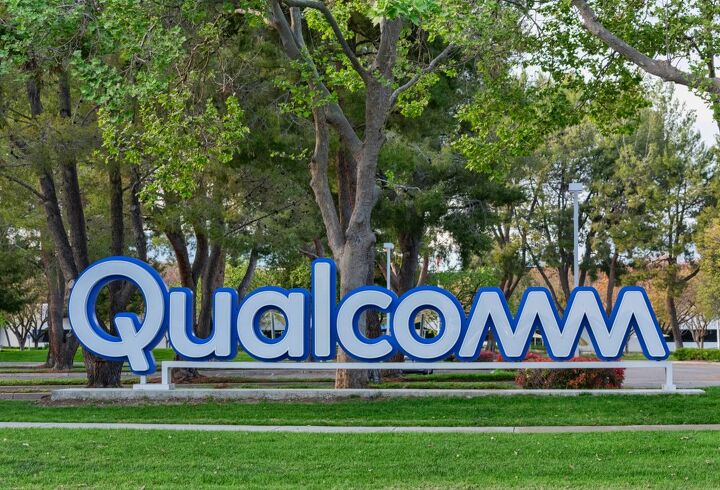
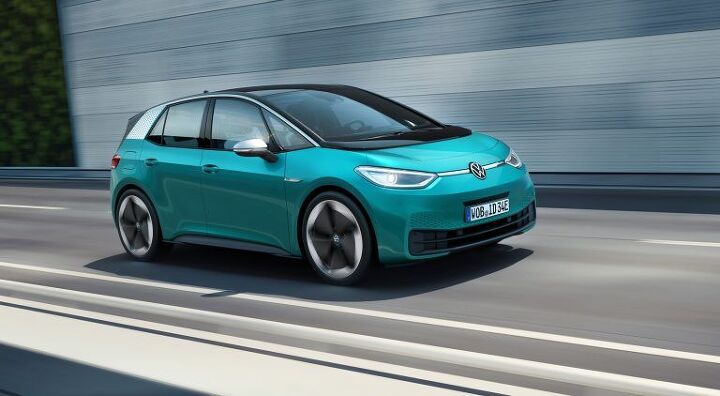
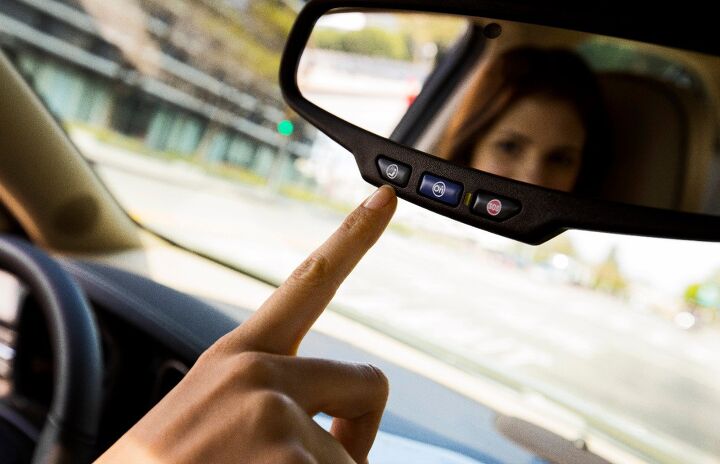

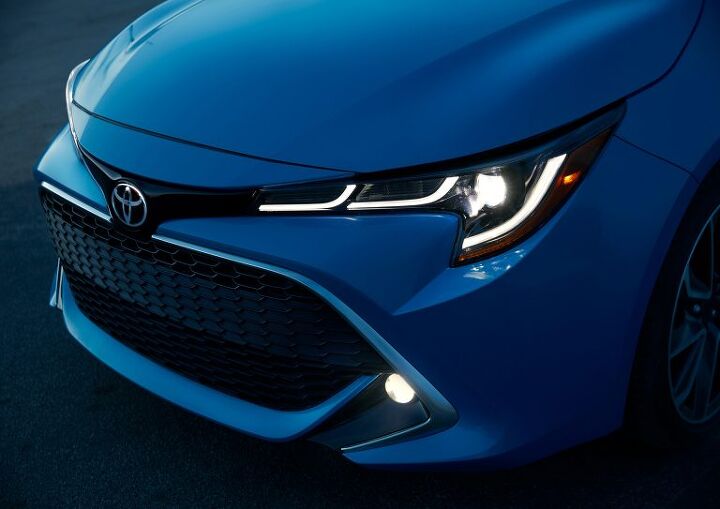


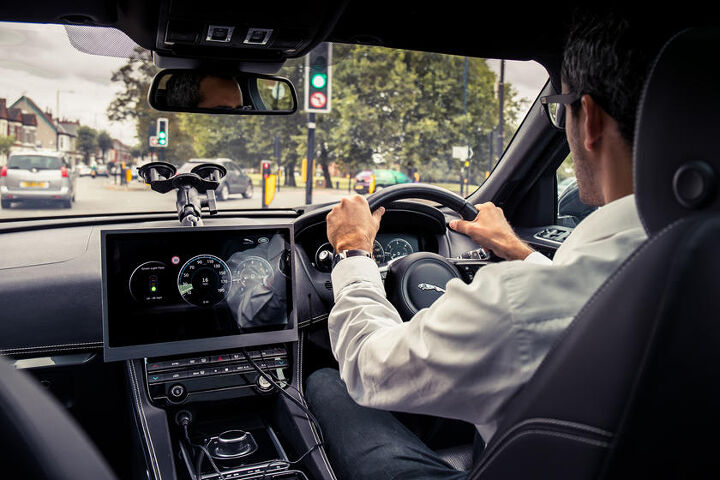
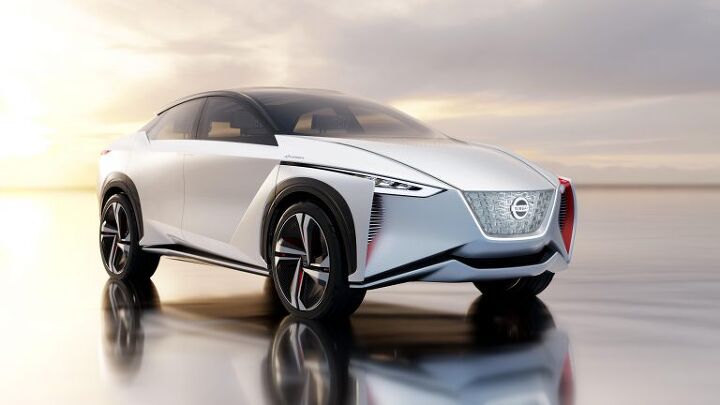


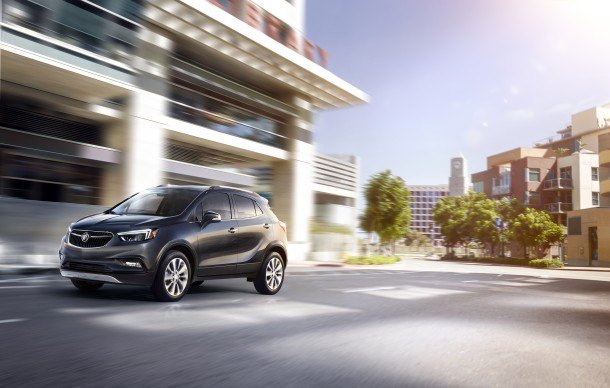













Recent Comments